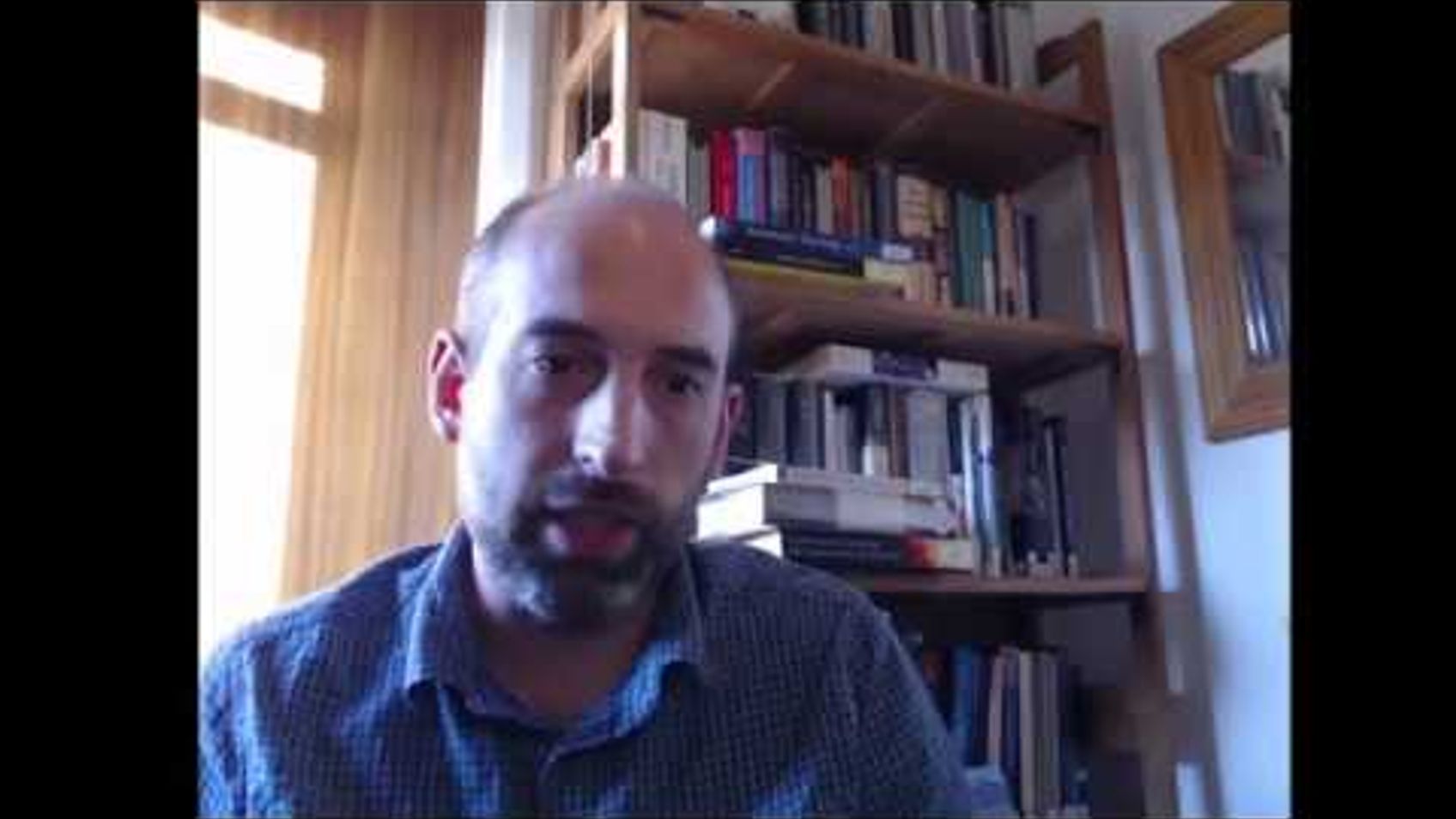Q&A#9 Is Ecclesiastes Nihilistic?
July 1, 2018

Alastair Roberts
Today's Question: Ecclesiastes is a book that has long confused me. Its descriptions of all of life as vanity come off nihilistic and despairing. And yet it also speaks of God, of being grateful to him, of recognizing his judgment, and fearing him and obeying his commandments. I don't understand how these things cohere. How do you understand the book of Ecclesiastes? Is it entirely trustworthy?
Leave your own questions in the comments, on my blog, or on my Curious Cat account.
More From Alastair Roberts
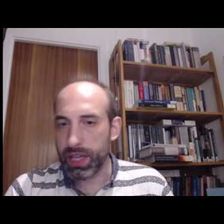
Q&A#10 The Significance of Melchizedek
Alastair Roberts
July 13, 2018
Today's Question: Why is Melchizedek so important to the author of Hebrews? What's the biblical-theological significance of Jesus being a priest after
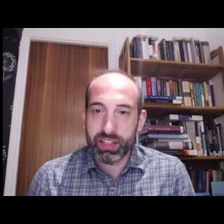
Unravelling the Mysteries of the Book of Esther
Alastair Roberts
July 15, 2018
An attentive reading of the book of Esther will raise various important questions that most of its readers miss. In this video, I discuss some of the
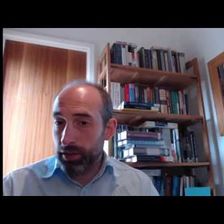
Q&A#11 What Should We Make of the Sign Gifts?
Alastair Roberts
July 16, 2018
Today's Question: What is your view of the miraculous gifts (like prophecy and the gifts of tongues) in the New Testament period? Did these discontinu
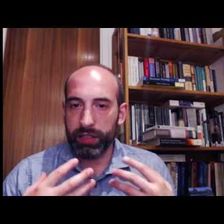
Looking for supporters for more regular videos!
Alastair Roberts
June 28, 2018
You can now support me on Patreon!
https://www.patreon.com/zugzwanged
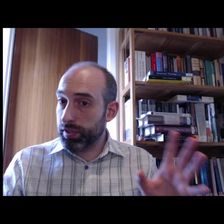
Q&A#8 The Chronology of Genesis 38
Alastair Roberts
May 21, 2018
See this article for context: https://alastairadversaria.com/2006/12/08/the-judah-and-tamar-story-in-its-context/
Today's Question: The story of Juda

Q&A#7 Ruth the Moabitess and the Moabite Women of Nehemiah
Alastair Roberts
May 20, 2018
Today's Question: Having recently read both Ruth and Nehemiah, I was struck by the very different ways they relate to the recurring entanglement of Mo
More on OpenTheo

What Are Some Good Ways to Start a Conversation About God with Family Members?
#STRask
October 30, 2025
Questions about how to start a conversation about God with non-Christian family members, how to keep from becoming emotional when discussing faith iss

Keri Ingraham: School Choice and Education Reform
Knight & Rose Show
January 24, 2026
Wintery Knight and guest host Bonnie welcome Dr. Keri Ingraham to discuss school choice and education reform. They discuss the public school monopoly'

Are You Accursed If You Tithe?
#STRask
December 15, 2025
Questions about whether anyone who tithes is not a Christian and is accursed since Paul says that if you obey one part of the Mosaic Law you’re obliga

Did God Create Us So He Wouldn’t Be Alone?
#STRask
November 3, 2025
Questions about whether God created us so he wouldn’t be alone, what he had before us, and a comparison between the Muslim view of God and the Christi

What Do You Think About Churches Advertising on Social Media?
#STRask
January 19, 2026
Questions about whether there’s an issue with churches advertising on social media, whether it’s weird if we pray along with a YouTuber, and whether C

Why Would Any Rational Person Have to Use Any Religious Book?
#STRask
December 8, 2025
Questions about why any rational person would have to use any religious book, whether apologetics would be redundant if there were actually a good, un

How Do I Determine Which Topics at Work Are Worth Commenting On?
#STRask
January 5, 2026
Questions about how to determine which topics at work are worth commenting on, and a good way to respond when you’re in a group Bible study and hear e

The Heidelberg Catechism with R. Scott Clark
Life and Books and Everything
November 3, 2025
You may not think you need 1,000 pages on the Heidelberg Catechism, but you do! R. Scott Clark, professor at Westminster Seminary California, has writ

Life and Ministry in Charlotte and in the SBC with Clint Pressley
Life and Books and Everything
December 15, 2025
In a rare cultural anomaly that may never be repeated in our lifetimes, the current SBC President and current PCA Moderator live in the same neighborh

Can You Provide Verifiable, Non-Religious Evidence That a Supernatural Jesus Existed?
#STRask
November 10, 2025
Question about providing verifiable, non-religious evidence that a supernatural Jesus existed.
* I am an atheist and militantly anti-god-belief. Ho

Why Are So Many Christians Condemning LGB People Just Because of How They Love?
#STRask
January 15, 2026
Questions about Christians condemning LGB people just because of how they love, how God can expect someone to be celibate when others are free to marr

Why Is It Necessary to Believe Jesus Is God?
#STRask
February 19, 2026
Questions about why it’s necessary to believe Jesus is God, whether belief in the Trinity is required for salvation, and why one has to believe in the

Why Does the Bible Teach You How to Be a Proper Slave Owner?
#STRask
November 13, 2025
Question about why it seems like the Bible teaches you how to be a proper slave owner rather than than saying, “Stop it. Give them freedom.”
* It s

What Tools of Reasoning Help You Know What’s True, Right, and Good?
#STRask
December 4, 2025
Question about what tools of reasoning help us determine whether something is true or false, right or wrong, good or bad before bringing Scripture int

Prove to Me That Jesus Is Not a Created Being
#STRask
January 26, 2026
Questions about why we should think Jesus is not a created being, and what it means to say God became fully human if part of being human means not bei
